COVID-19 Prevention: Every Basic Thing You Need To Know
Dhir Acharya - Aug 07, 2020
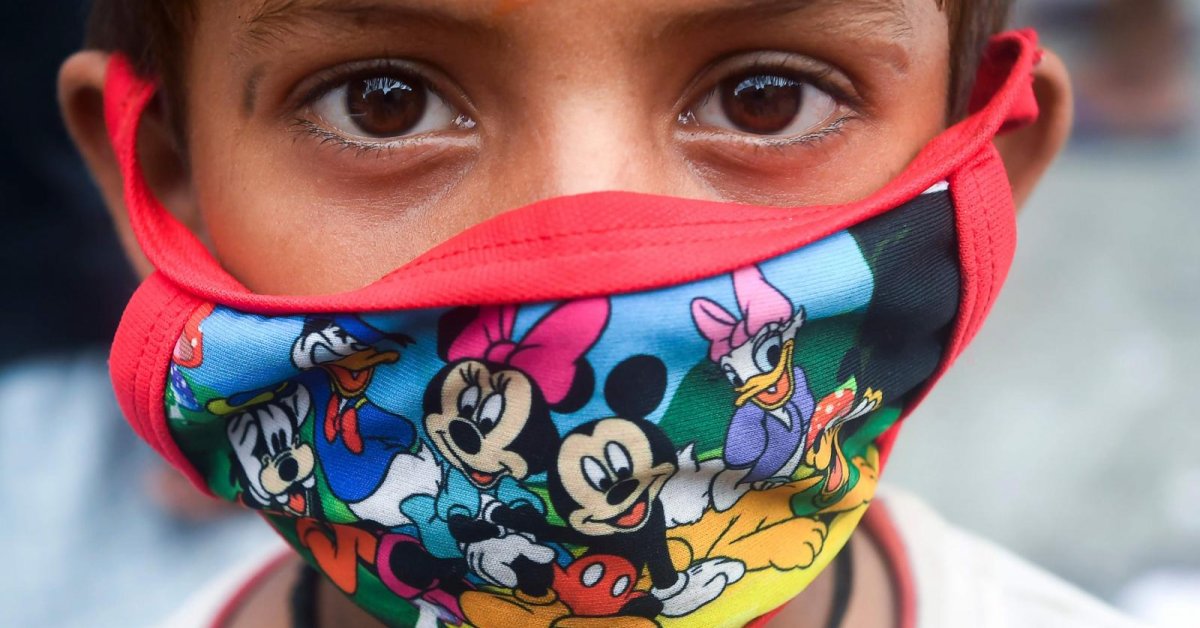
COVID-19 prevention: This post provides all the information about the disease, its symptoms, and what should be done to avoid getting infected.
- This Man's Super-Antibody Can Be Diluted 10,000 Times But Still Works Against COVID-19
- These Indian Cities Are Under Lockdown Again In 2021
- India To Review Covishield Vaccine After Report Of Blood Clots Following Vaccination
Yesterday, India recorded 56,282 new COVID-19 cases, meaning the country has crossed the 2 lakh mark in tally since the disease broke out late last year. With this, India now has 20,30,001 positive cases, including 41,673 deaths and 13,78,642 recovered patients. While the government is deploying every necessary measure to limit and control the pandemic, you need to know COVID-19 prevention to protect yourself as well as others. In this post, we will provide the most basic things about SARS-CoV-2 and the disease for you.
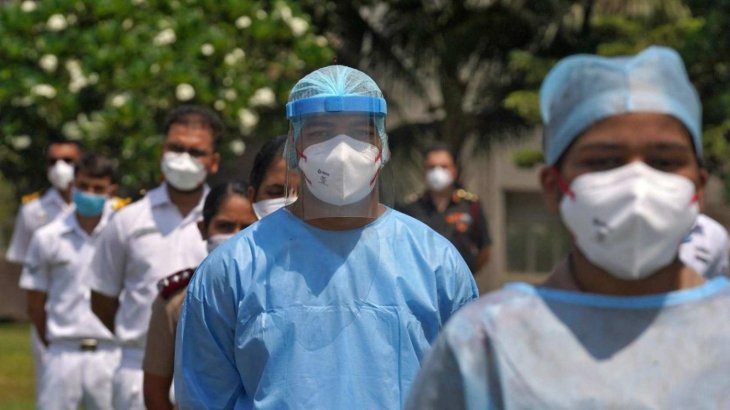
Table of Contents
What is COVID-19?
According to the CDC, COVID-19 is an infectious respiratory disease caused by SARS-CoV-2, a new strain of coronavirus. The virus is believed to originate in Wuhan in December 2019.
For most people, the disease results in mild illness, but some can develop complications and even face death. Especially, older people with pre-existing medical conditions are much more vulnerable to the disease.
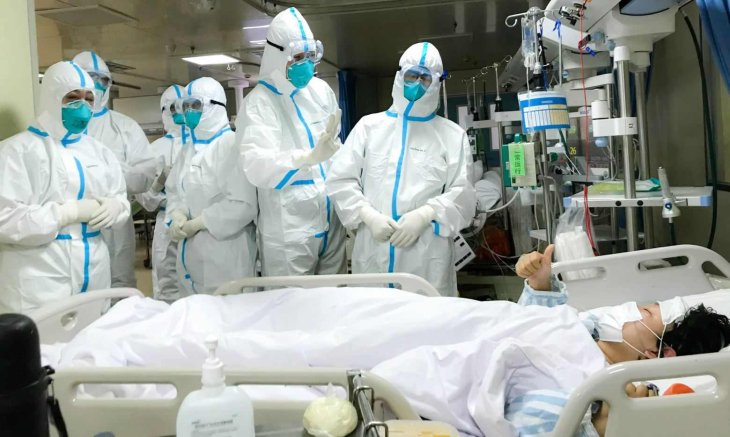
What are the symptoms?
People infected with SARS-CoV-2 can be asymptomatic, but many will show certain symptoms, which vary among different individuals. If you have several of the following symptoms, you should get tested for COVID-19:
- Cough
- Chills or fever
- Shortness of breath
- Headache
- Muscle/body aches
- Sore throat
- Loss of smell/taste
- Nausea/vomit
- Congestion/runny nose
- Diarrhea
Especially, if you have any of the following signs, you need emergency medical care immediately: pressure or persistent pain in the chest, trouble breathing, inability to wake or stay awake, new confusion, bluish face or lips.
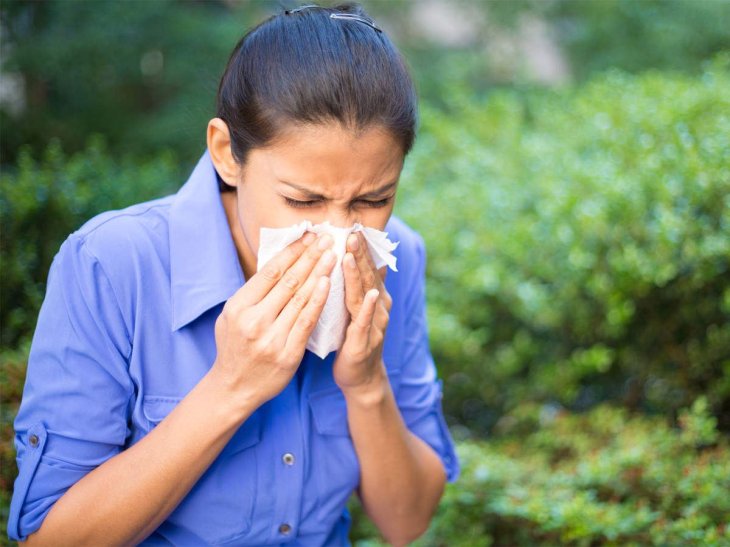
How does SARS-CoV-2 spread?
The coronavirus can be spread very easily between people if they are less than 2 meters away from each other. It can also be transmitted from one person to another through respiratory droplets from an infected individual as they talk, sneeze, or cough. In other cases, you can get infected if you unknowingly inhale or take in the droplets landing on an object or person’s mouth or nose.
It’s worth noting that SARs-CoV-2 spreads very easily between people, more efficiently than influenza. As a rule of thumb, the closer and longer the interaction, the higher the risk of spreading.
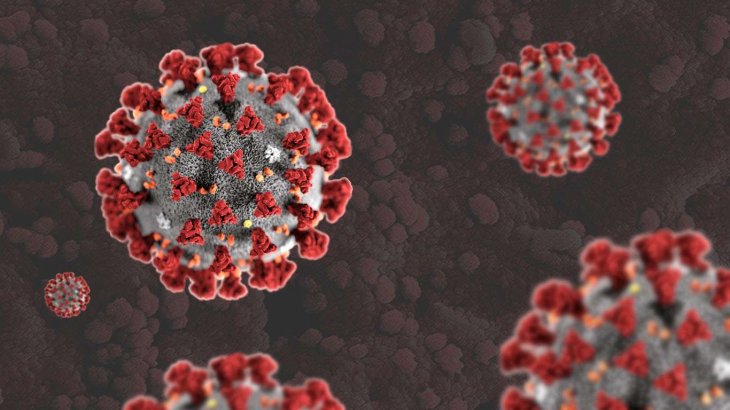
COVID-19 prevention and precautions
Since the coronavirus disease broke out, you must have seen a lot of information from various sources, but the two most reliable international places to seek info and guidelines are the World Health Organization (WHO) and Search Results Centers for Disease Control and Prevention (CDC).
Over the past 5 months, WHO has published and updated several documents regarding WHO COVID-19 prevention guideline, such as the COVID-19 risk communication package for healthcare facilities, the Considerations for community hand hygiene practices in low-resource situations, and the Infection prevention during transfer and transport of patients with suspected COVID-19 requiring hospital care. But most of those WHO COVID-19 prevention documents are focused on healthcare facilities and for healthcare workers.
Now, here’s a comprehensive COVID-19 prevention guideline for everyone from CDC.
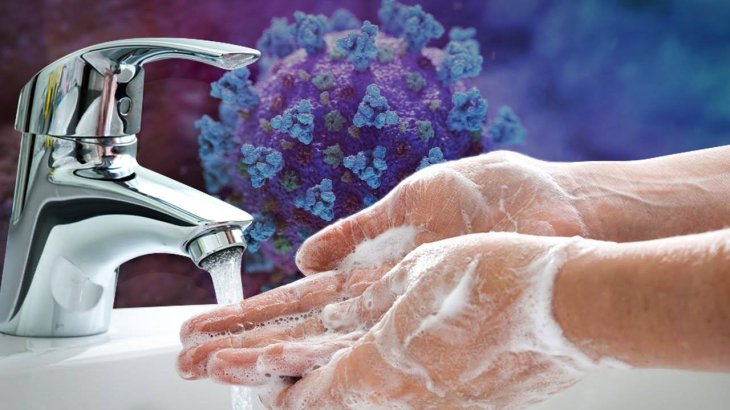
Wash your hands regularly
You need to wash your hands with water and soap for 20 seconds or longer, especially after leaving a public place, sneezing, coughing or blowing your nose.
You also need to wash your hands:
- Before making, eating food
- Before touching your face
- After handling your mask
- After using the restroom
- After caring for a patient
- After changing a diaper
- After touching your pets or other animals
In case you don’t have access to soap and water, always carry a hand sanitizer along, which must contain at least 60 percent alcohol. Besides, avoid touching your own mouth, nose, and eyes if you haven’t washed your hands.

Don’t make close contact
When you’re at home, avoid making close contact with sick people. It’s recommended that you stay at least 2 meters from the other person.
When you go outside, ensure a 2-meter distance between yourself and other people. Keep in mind that even those without symptoms may still be already infected and spread the virus.
Cover your nose and mouth with a mask
The next thing to do on the list of COVID-19 prevention tips is wearing a mask, and make sure it covers both your mouth and your nose, not just one of them. On one hand, you may be infected, asymptomatic, and could spread the virus to other people, the mask helps protect other people. On the other hand, the mask helps protect you from getting infected with the virus through the respiratory droplets released by an infected person.
Remember to:
- Wear a mask when you’re in public places, especially when you cannot follow social distancing measures.
- Do not use masks that are made for healthcare workers like N95 and surgical masks, especially if the supplies are limited, they need those masks more than we do.
- Even when you can practice social distancing in the public, always wear a mask.
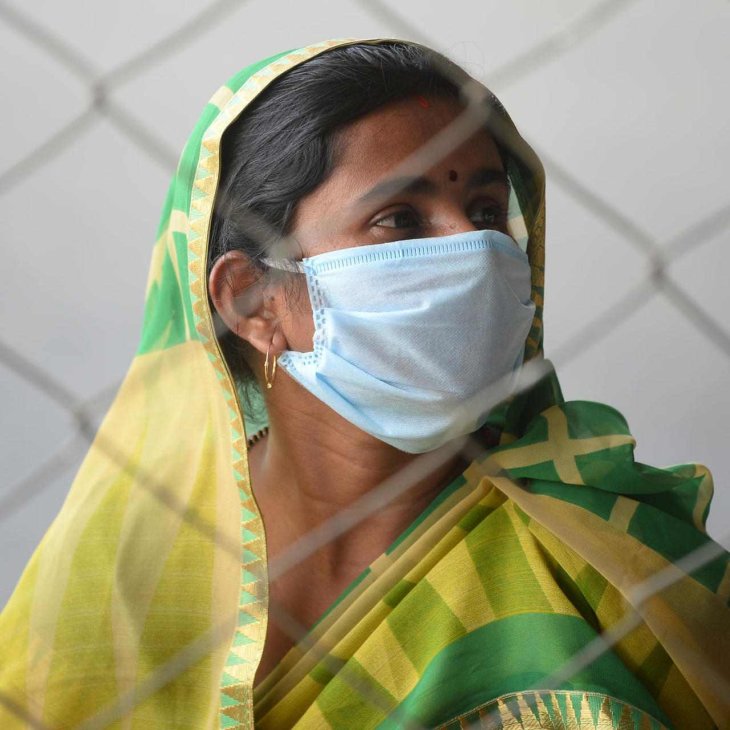
Cover your mouth and nose when you cough and sneeze
You can use a tissue to cover your sneezes and coughs and don’t spit. After that, throw the tissue in the trash. Then, wash your hands immediately following the precautions in the section about washing hands.
Clean and disinfect your things
Frequently clean and disinfect the surfaces that you often touch as well as the entire house. These include doorknobs, tables, countertops, light switches, phones, desks, handles, toilets, sinks, faucets, and keyboards.
When cleaning a dirty surface use soap or detergent with water before applying a disinfectant.
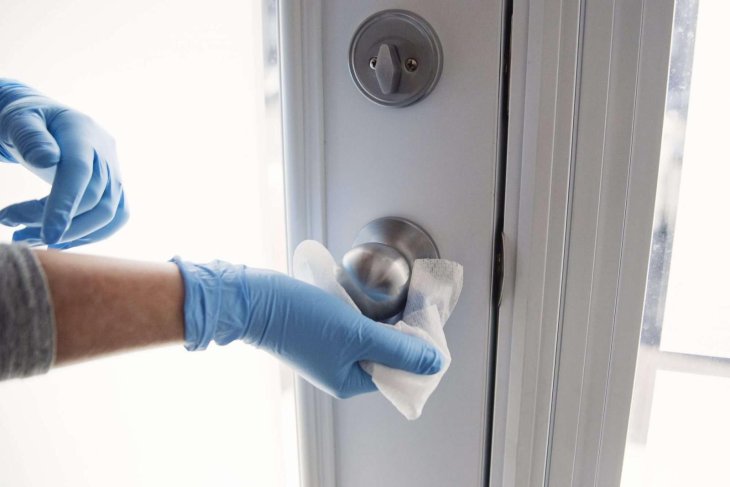
Monitor your health daily
The last precaution in COVID-19 prevention is monitoring your health on a daily basis. Always pay close attention to spot any symptoms like cough, fever, or shortness of breath, among others. If you start having any symptoms, take your temperature immediately, but not less than 30 minutes after taking medications or exercising.
>>> Friends Smoked Shisha Together, Ended Up Contracting COVID-19
Featured Stories

Features - Jan 29, 2026
Permanently Deleting Your Instagram Account: A Complete Step-by-Step Tutorial

Features - Jul 01, 2025
What Are The Fastest Passenger Vehicles Ever Created?

Features - Jun 25, 2025
Japan Hydrogen Breakthrough: Scientists Crack the Clean Energy Code with...

ICT News - Jun 25, 2025
AI Intimidation Tactics: CEOs Turn Flawed Technology Into Employee Fear Machine

Review - Jun 25, 2025
Windows 11 Problems: Is Microsoft's "Best" OS Actually Getting Worse?

Features - Jun 22, 2025
Telegram Founder Pavel Durov Plans to Split $14 Billion Fortune Among 106 Children

ICT News - Jun 22, 2025
Neuralink Telepathy Chip Enables Quadriplegic Rob Greiner to Control Games with...

Features - Jun 21, 2025
This Over $100 Bottle Has Nothing But Fresh Air Inside

Features - Jun 18, 2025
Best Mobile VPN Apps for Gaming 2025: Complete Guide

Features - Jun 18, 2025
A Math Formula Tells Us How Long Everything Will Live
Read more

How To- Mar 04, 2026
Getting Started with AI: A Newbie's Simple Guide
Are you curious about artificial intelligence but not sure where to begin? You are not alone.

ICT News- Mar 03, 2026
Budget Entry-Level PCs Under $500 to Vanish by 2028 Due to Memory Price Surge
The era of the sub-$500 PC appears to be ending.

ICT News- Mar 02, 2026
IDC Report Predicts Surging Smartphone Prices Due to Global RAM Shortage
This development underscores the broader ripple effects of the AI boom on everyday technology, highlighting the interconnected nature of global semiconductor supply chains.
Comments
Sort by Newest | Popular